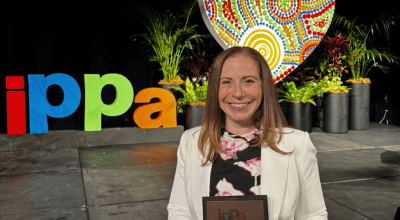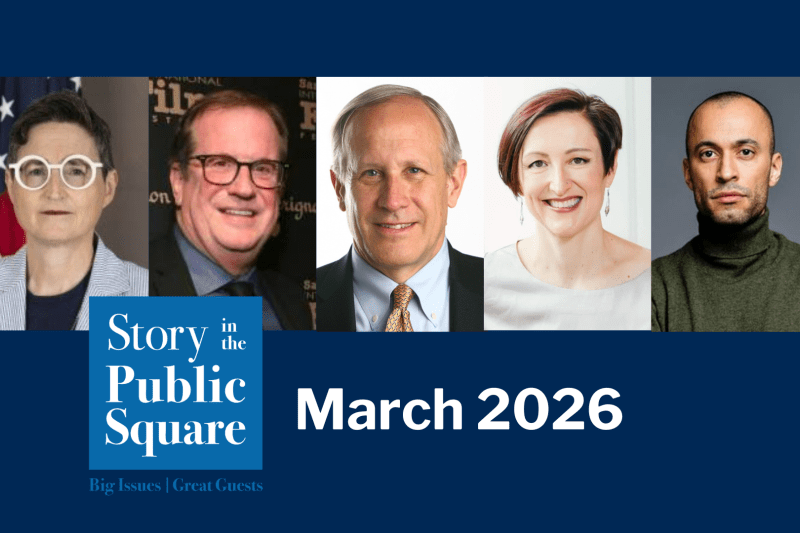
A criminal psychologist turns the tables to build resilience in law enforcement professionals
Dr. Leigh Ann Perry teaches criminal justice grad students mindfulness tactics that can optimize performance.

Dr. Leigh Ann Perry, adjunct professor in Salve Regina University’s Department of Criminal Justice and Criminology, worked in the criminal psychology field for 15 years. She was part of the FBI's Behavioral Analysis Unit, was the principal investigator for research on criminal activity for the Naval Criminal Investigative Service (NCIS) and the regional intelligence team leader for counterterrorism and dangerous organizations at Facebook. She is also an associate professor at the U.S. Naval War College.
“I studied all the bad guys,” she explained. “Serial killers, terrorists, cartels, child abusers… very bad actors.” In addition to profiling offenders, she also studies and teaches victimology, the psyches of those on the receiving end of crimes, whether violent, cyber or economic.
About four years ago, she began to realize that in the cases she studied, the complexity of the human element had another dimension that needed exploring. “What also happens in criminal cases is that the personalities of the law enforcement professionals, the warfighters and criminal justice professionals change under stress. Their relationships suffer. The constant threat of global affairs and the dynamics of social media add to the stresses they face,” Perry said.
Finding that that aspect of psychology was often overlooked in educating and training law enforcement, and that stood to make a significant impact on their performance, she made it her focus.
She said, “I did a 180 in my career to where I wanted my main role to be teaching law enforcement officers, criminologists and warfighters cognitive development and resilience, how to keep themselves in peak form to optimize their performance under duress.”
Today, in her graduate course CJC514: Psychological Concepts for Justice Professionals at Salve, this topic is the very first one she covers. “Law enforcement professionals are not expecting to see week one of this course focused on their own psyche, but I remind them that they can’t optimize their performance if they don’t optimize their own psychological health,” Perry said.
In teaching mindfulness for what she calls “cognitive fitness,” Perry takes a scientific approach, looking at data from tools like brain scans and EEGs to measure the positive impact of mindfulness and how it affects neuroplasticity – the brain’s ability to change its own structure and develop new pathways.
Perry offers techniques for developing leaders that address self-awareness and problem framing, critical thinking, decision making, mental complexity, empathy, resiliency and readiness – an emerging field of training in high-stress occupations. The course covers crisis intervention, risk factors and warning signs and offers scores of resources and exercises to aid those entering or deep into their criminal justice, law enforcement and/or military careers.
After completing the full CJC514 course, which includes examining psychological factors influencing criminal and cyber-criminal behavior, the role of psychology in law enforcement and legal proceedings, and the application of psychological principles in correctional settings, students responded positively to the instruction focused on mindfulness, “Students have reached out after graduating to let me know it has helped them add to their development,” Perry said.
For Perry, turning the power of psychology toward building cognitive fitness for people in high-stress fields is a critical part of preparing them to lead.
“As the world gets more and more complex, our attention is pulled in a million directions, and effectiveness suffers. Mindfulness training is a performance tool. It makes you a better detective or warfighter. It helps with relationships, with families, who also carry the stress of these occupations,” she said, adding, “On my end, I’m really passionate about helping to build resilience in these individuals. It lights me up.”



